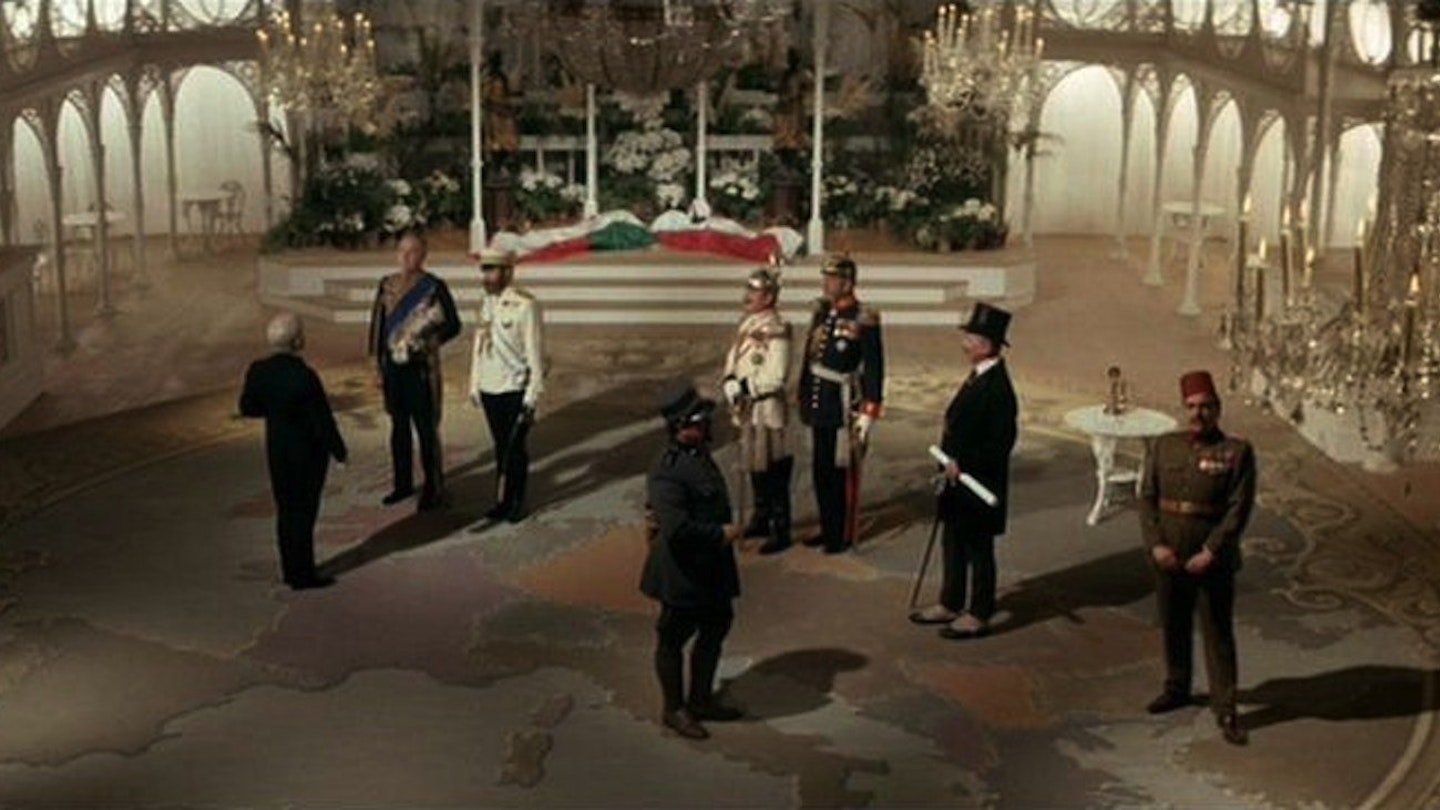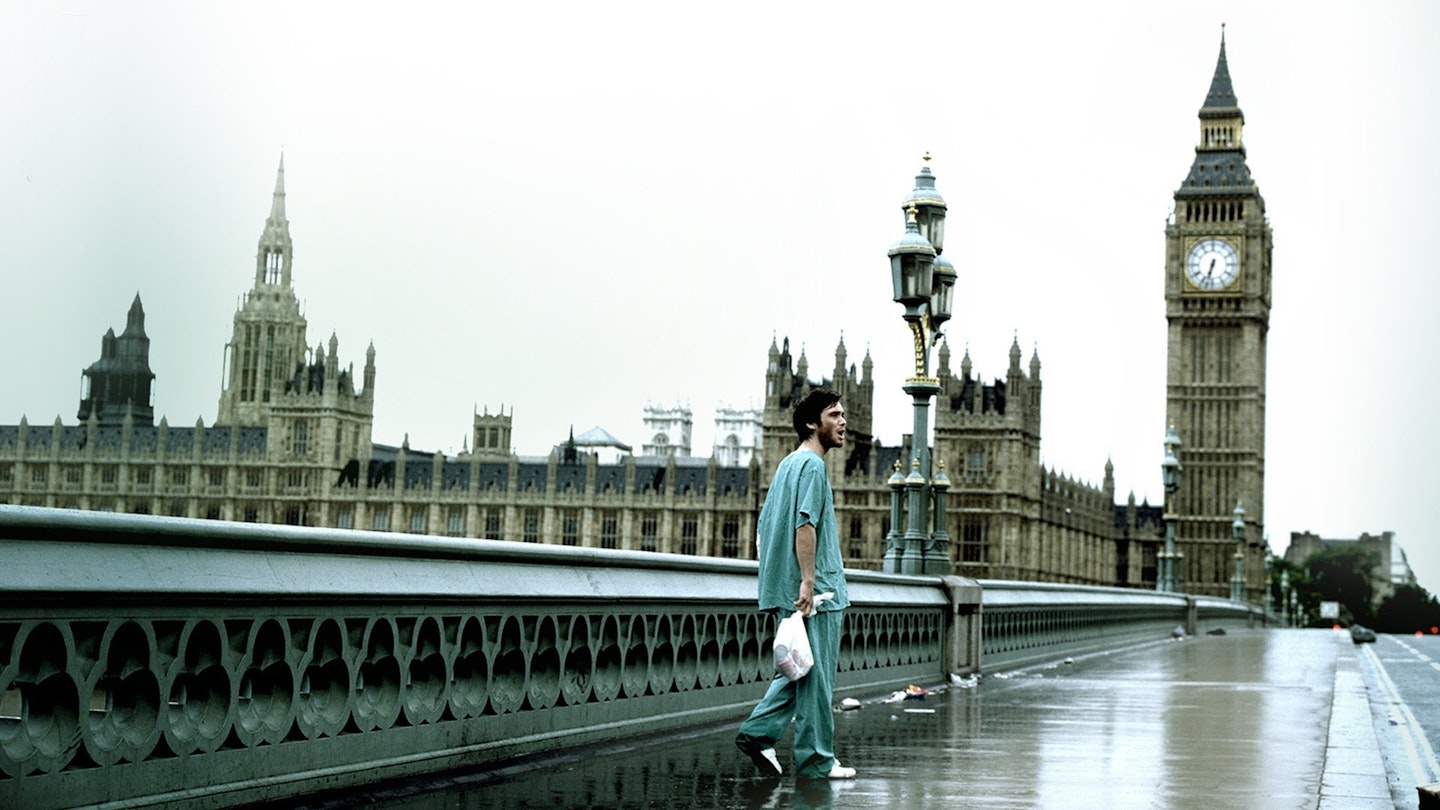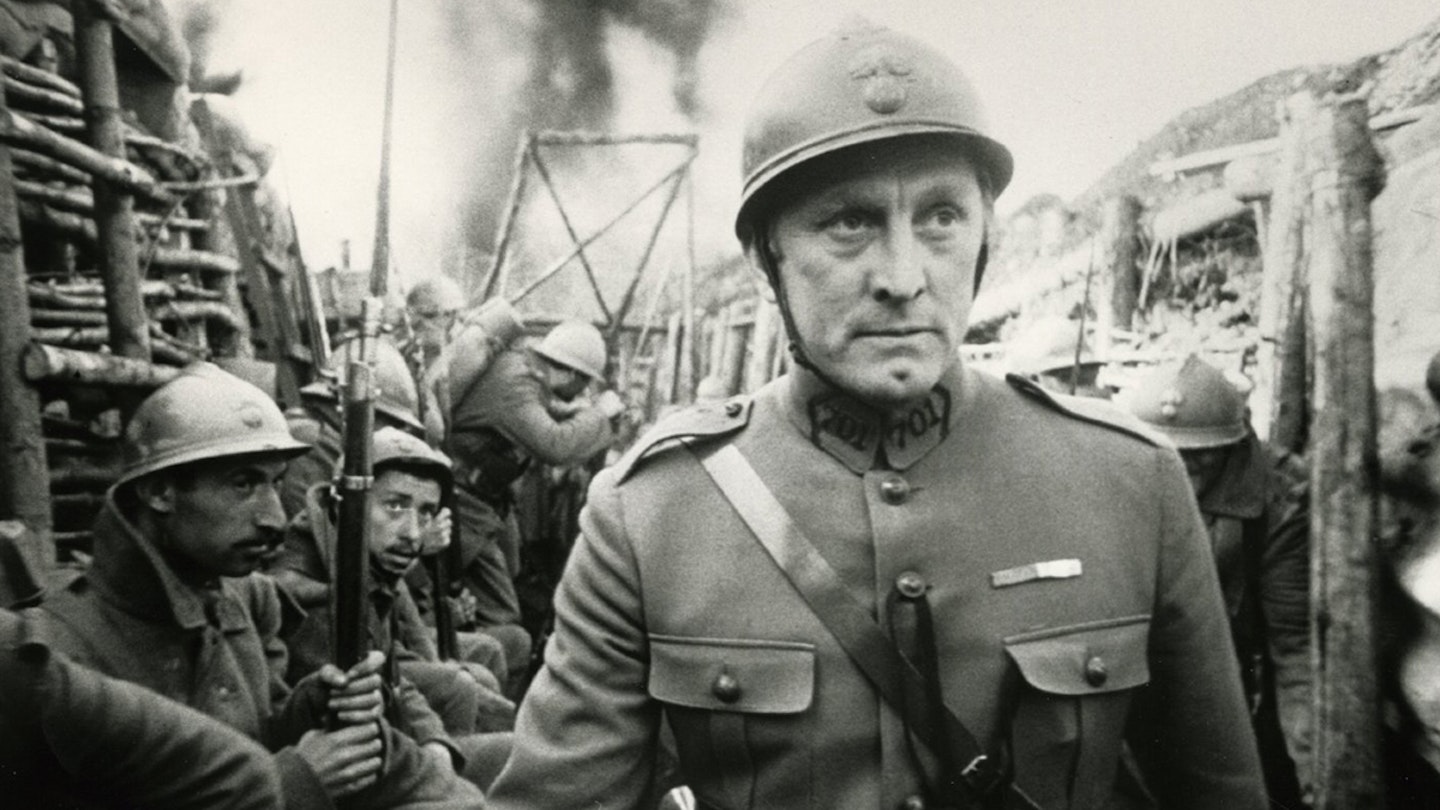Joan Littlewood's 1963 stage musical was based on Charles Chilton's radio play, The Long, Long Trail. Producer Brian Duffy and novelist Len Deighton (who was then on a cinematic roll with Michael Caine's Harry Palmer thrillers) acquired the rights and offered Richard Attenborough the opportunity to make his directorial debut. However, it proved to be an occasionally fractious shoot, which culminated in Deighton abandoning his writer-producer credit after falling out with the director over his approach.
Few British films had been as flamboyantly ambitious as this all-star vaudeville, although its pacifist sentiments had been anticipated by both Richard Lester's How I Won the War and Tony Richardson's The Charge of the Light Brigade. But, ultimately, too many stars spoilt the satire - even though Attenborough resisted the temptation to dot the action with cameoing thespians in the same way that Michael Anderson had done in Around the World in 80 Days.
Only Maggie Smith's raucous recruiting rendition at the fairground had the power to shock, as it showed the ease with which young men were shamed into fighting a war which only really benefited their imperialist-capitalist masters. There were several instances of bleakly surreal humour on the Western Front, but the top brass were made to look like pompous buffoons rather than dangerous incompetents, who wilfully sent millions to their deaths through their bludgeoningly inept tactics. Similarly, subtler digs, such as toffs Dirk Bogarde and Susannah York boycotting German wine for the duration, were lost amidst the novelty of seeing Olivier, Mills, Richardson, Gielgud and countless Redgraves warbling like turns at a village pantomime.
The closing aerial shot of the crosses studding the Flanders Fields is chilling in the extreme. It's just a pity that Attenborough lacked the imagination (as was later the case with A Chorus Line) to stage the 50 or so musical vignettes with the parodic panache that the material and the admirable costumes and sets deserved.


